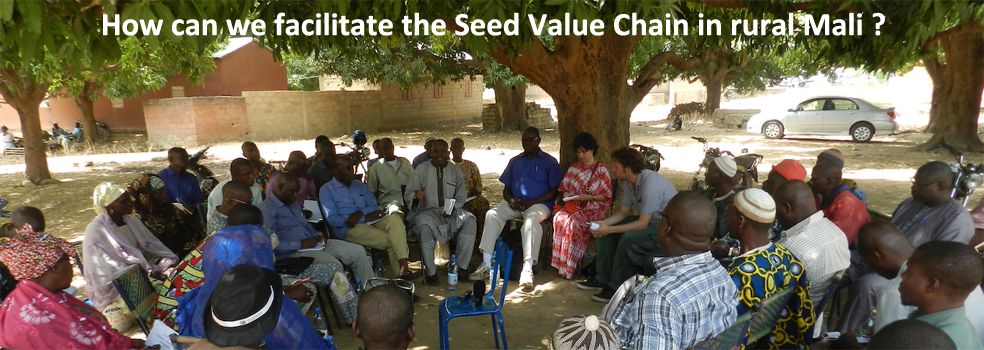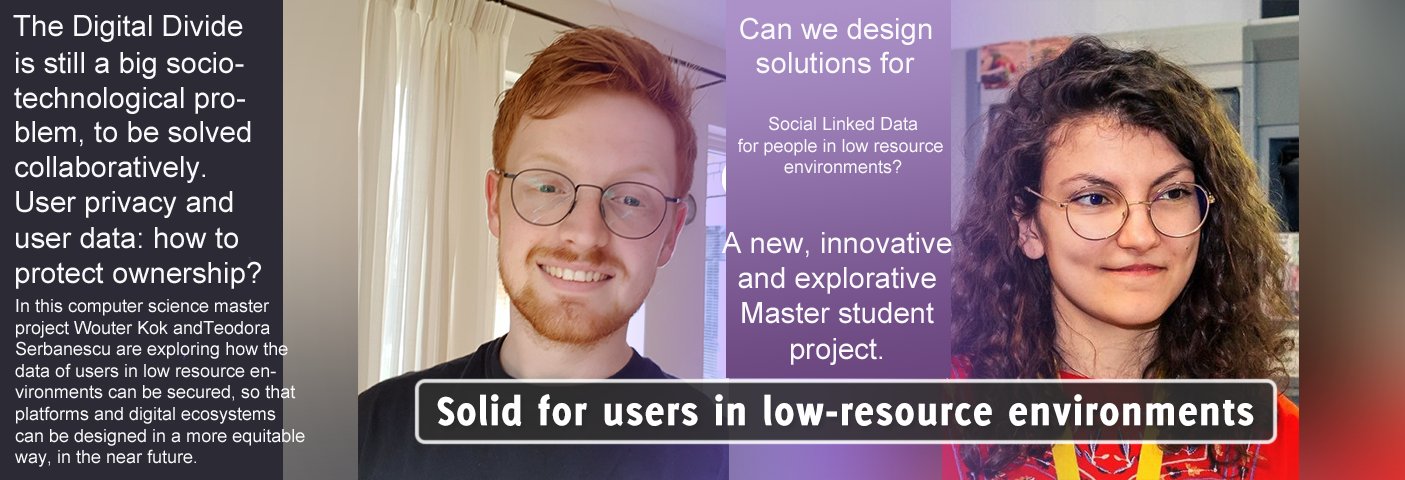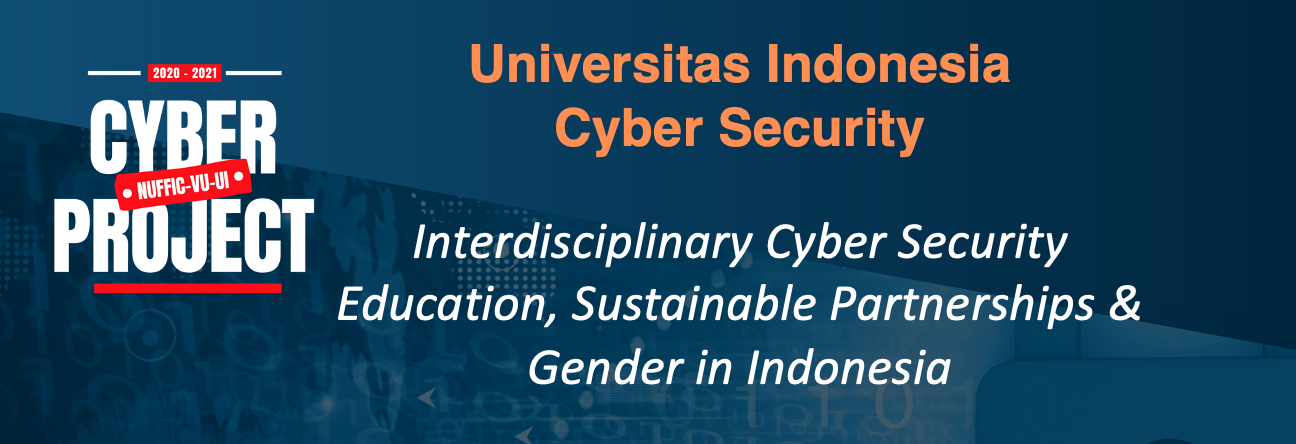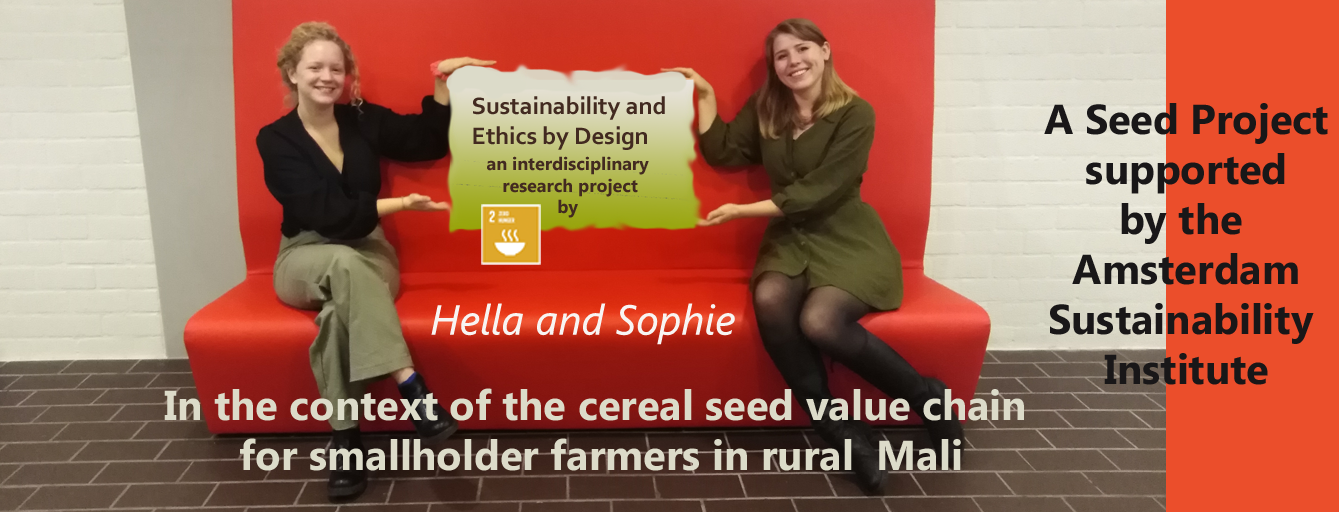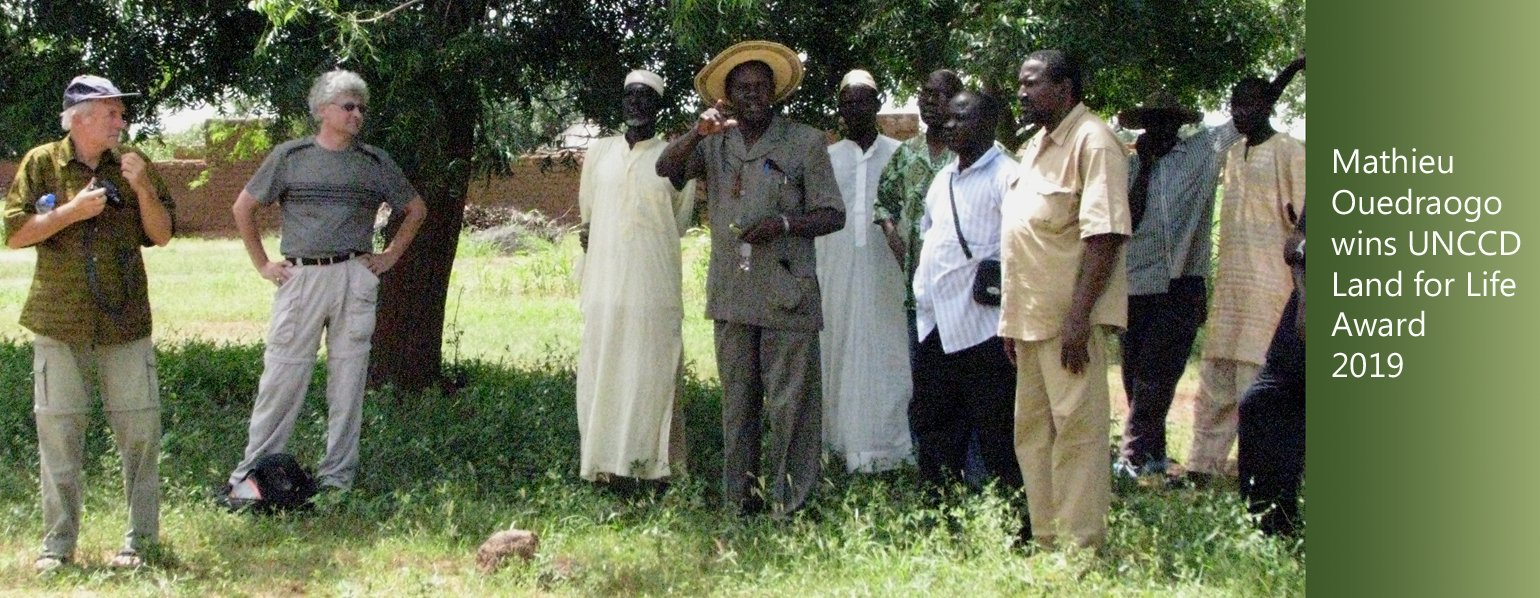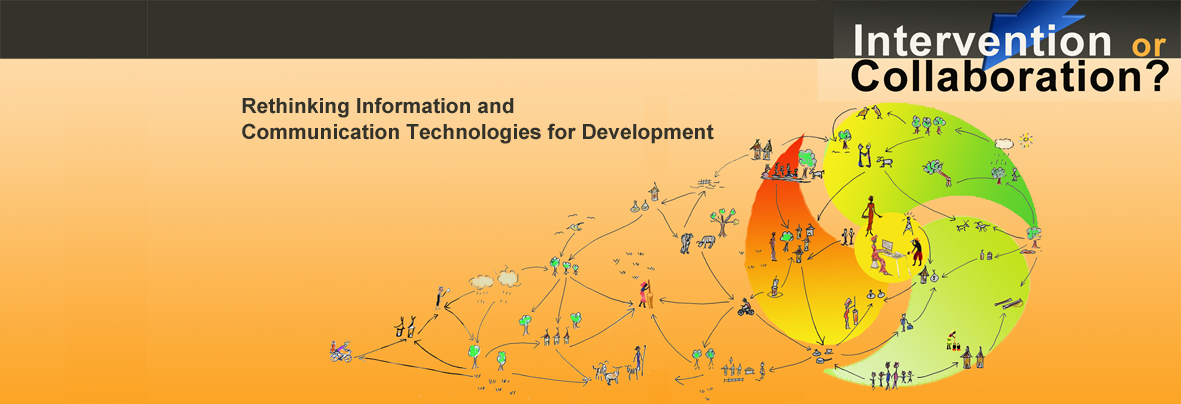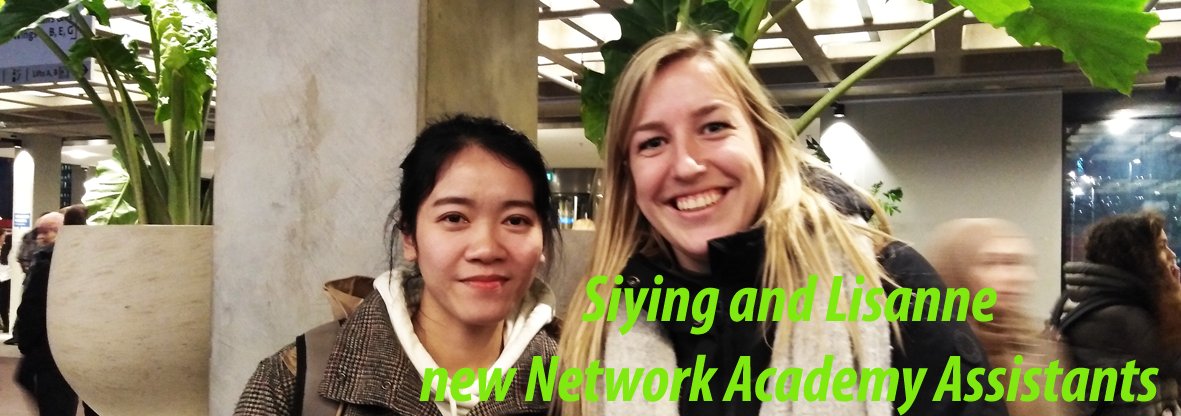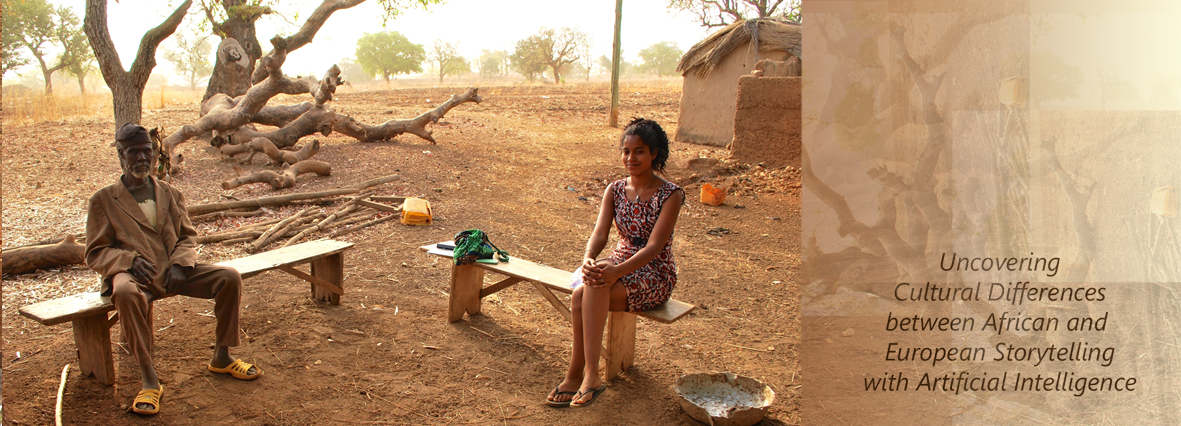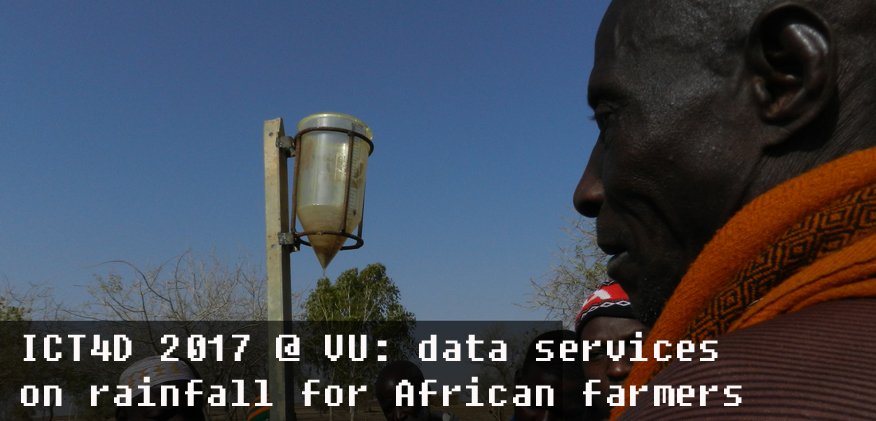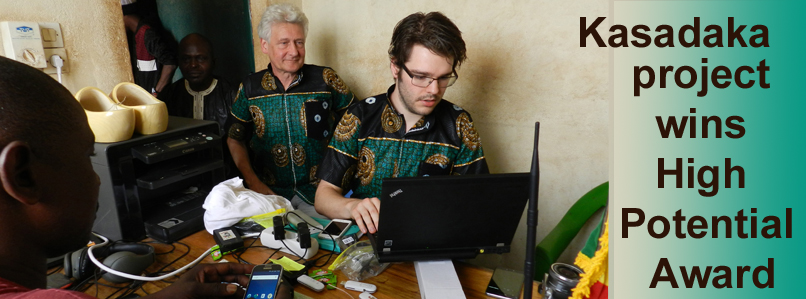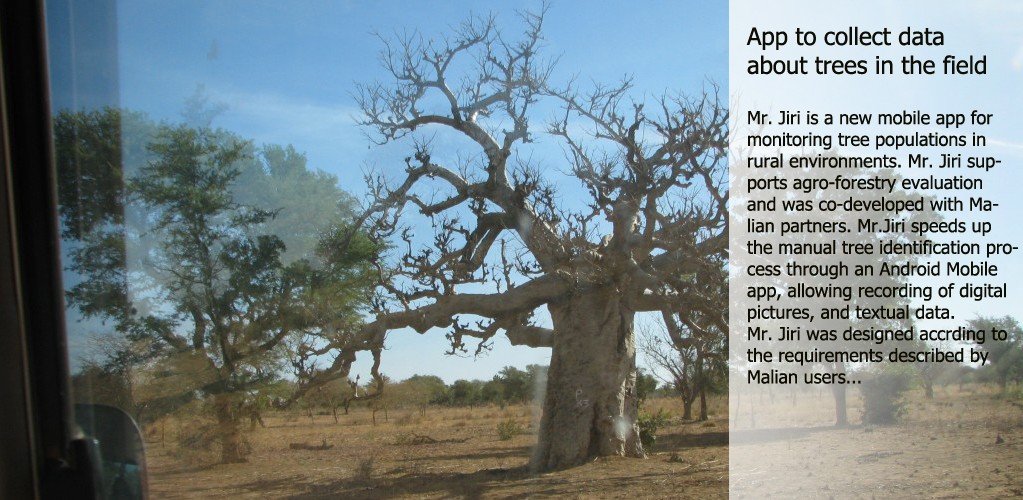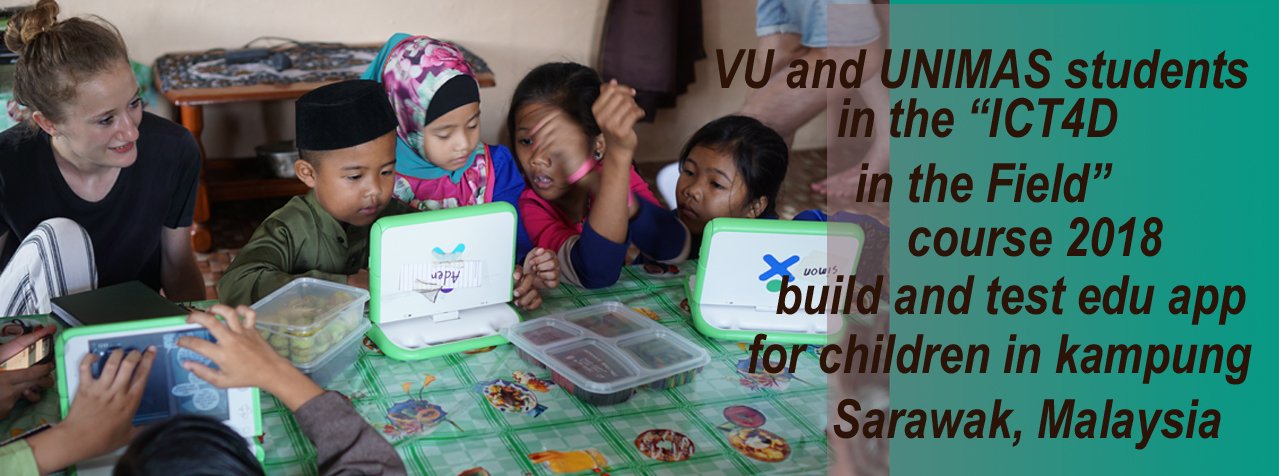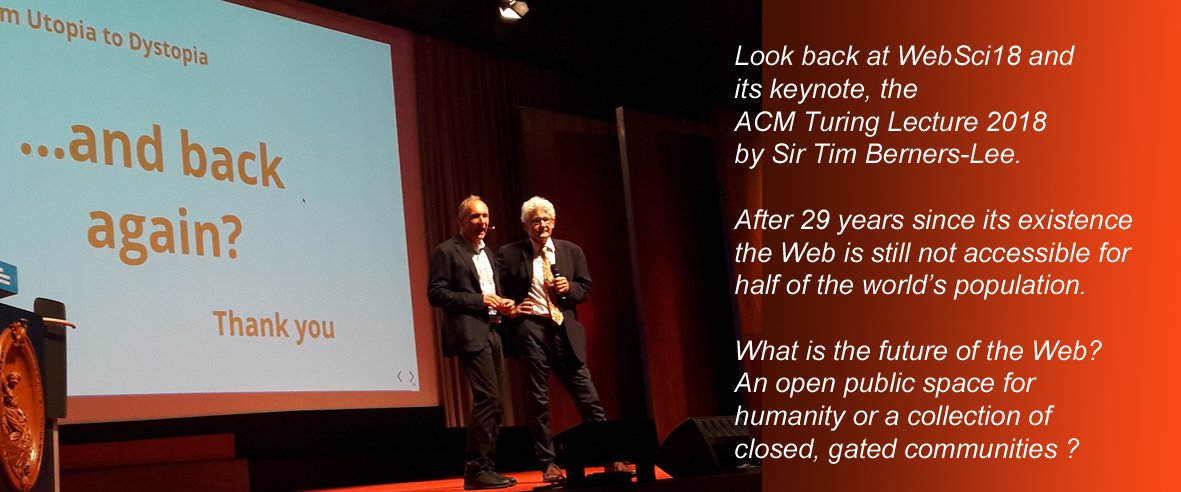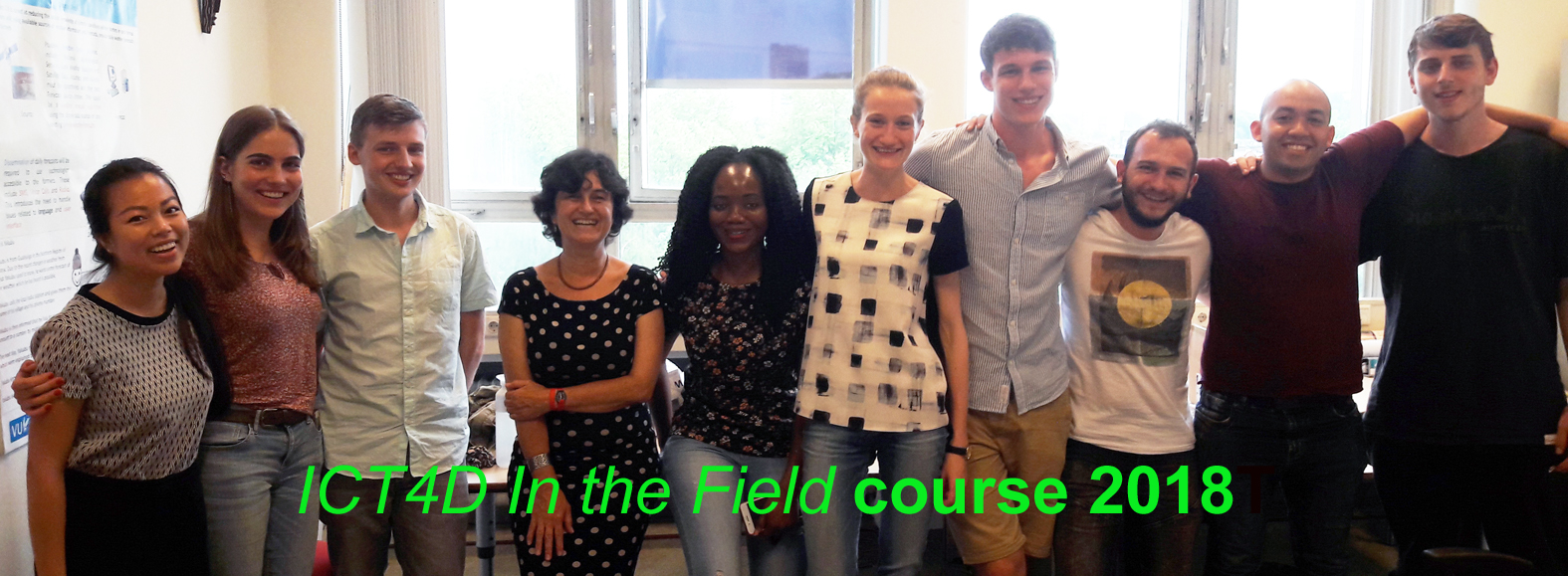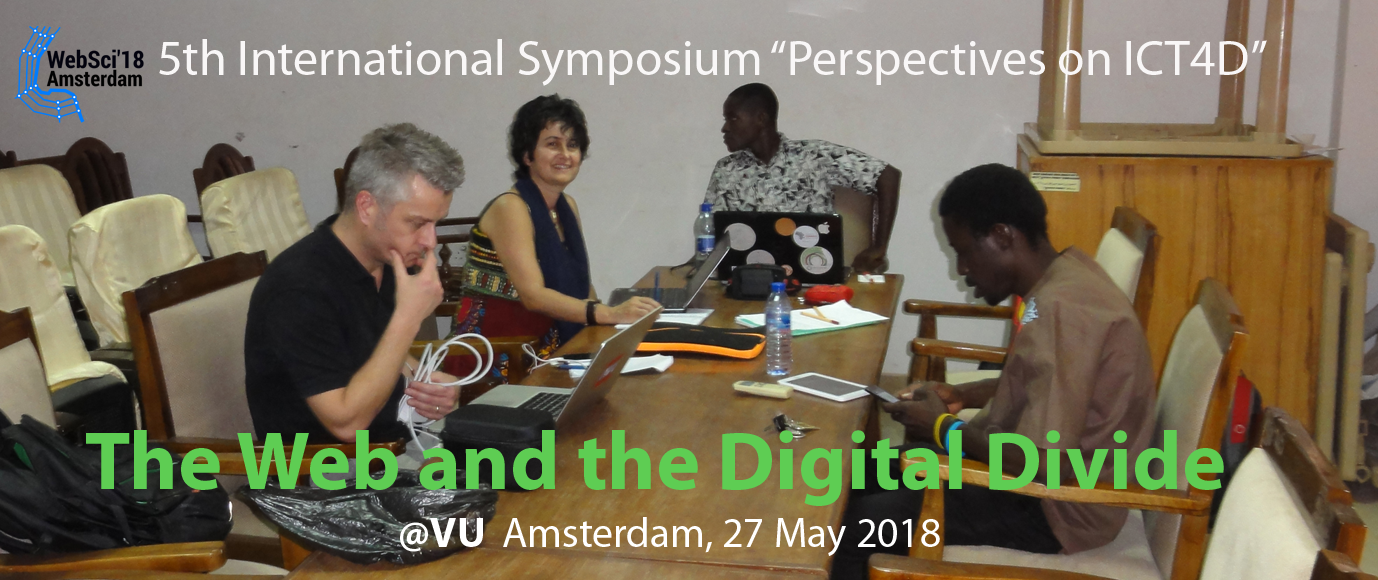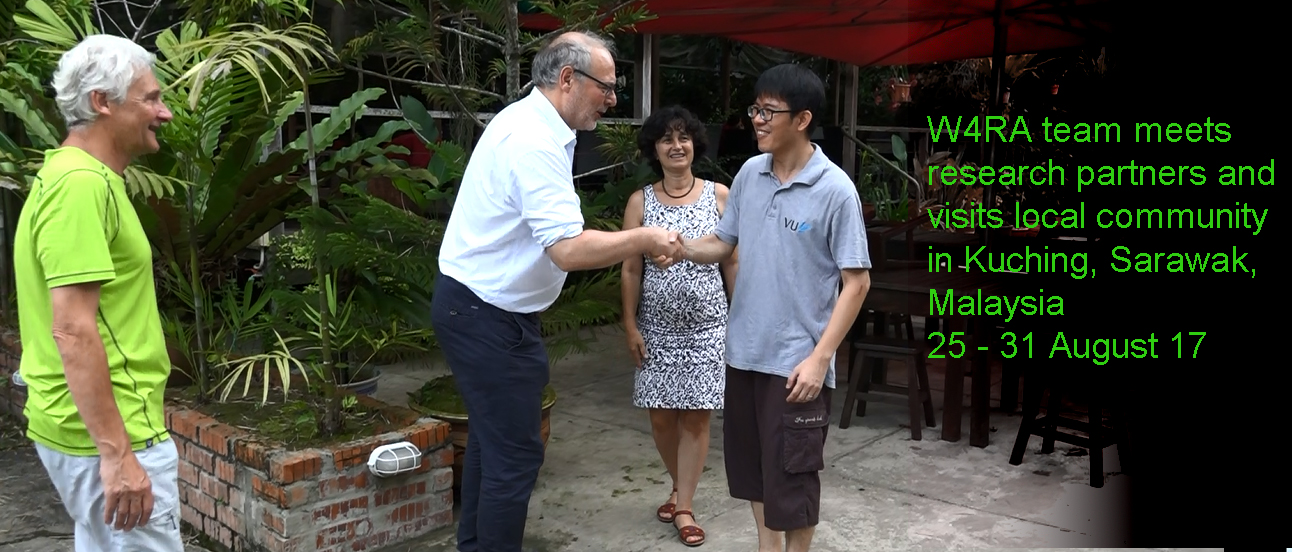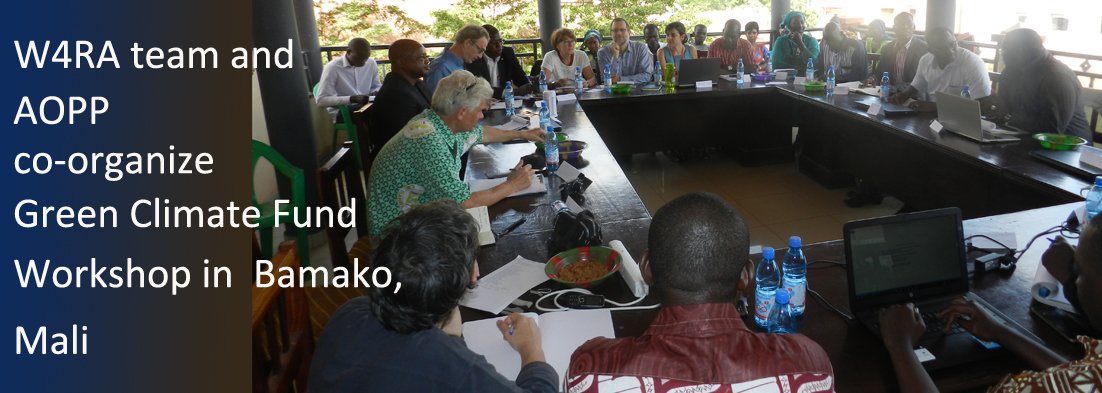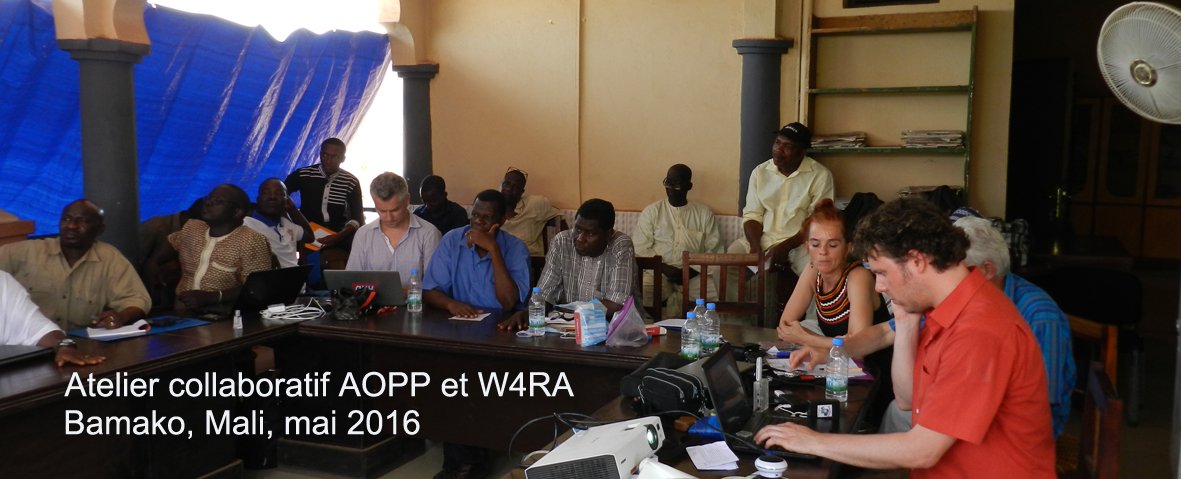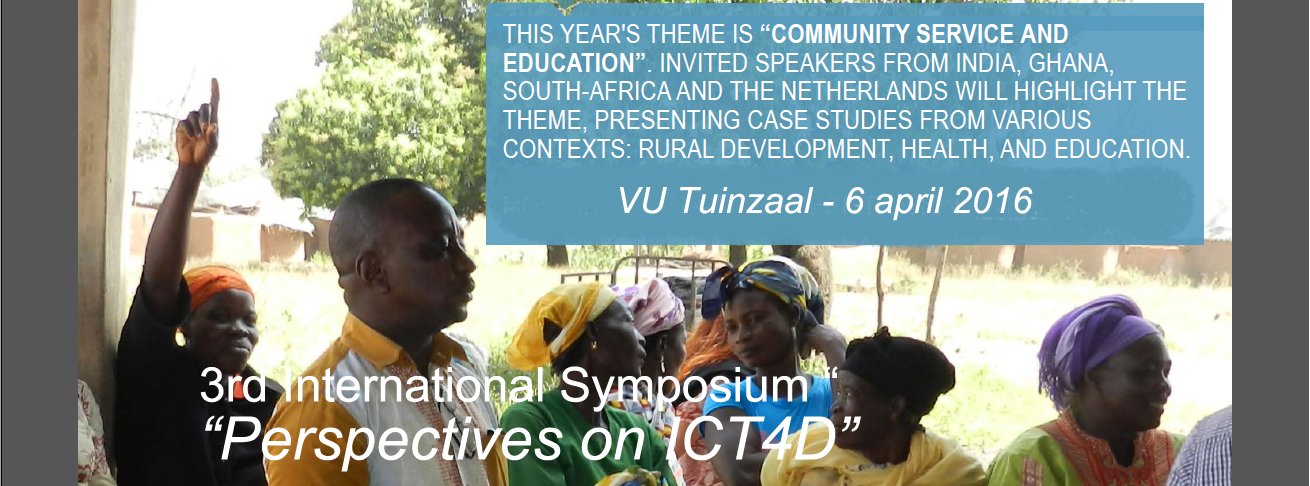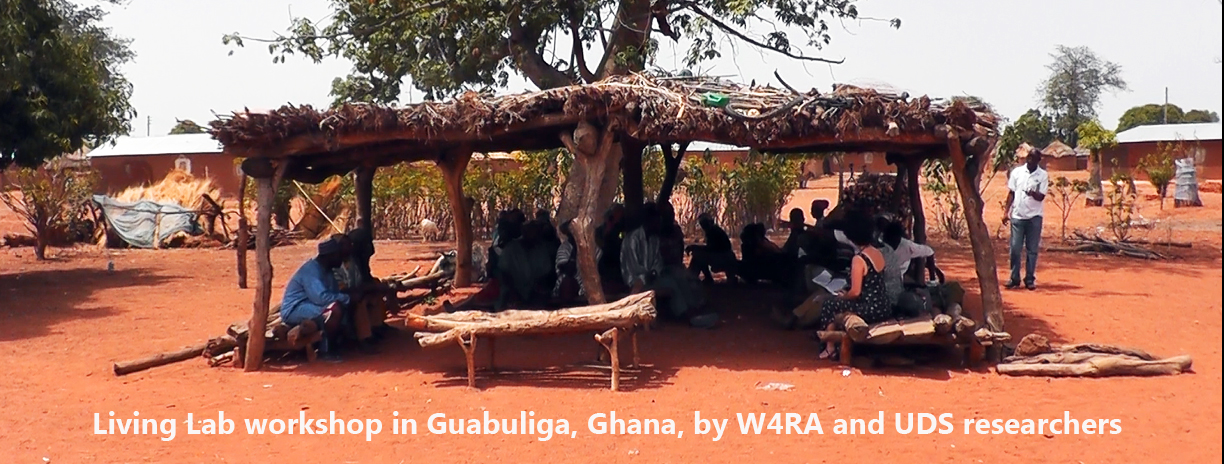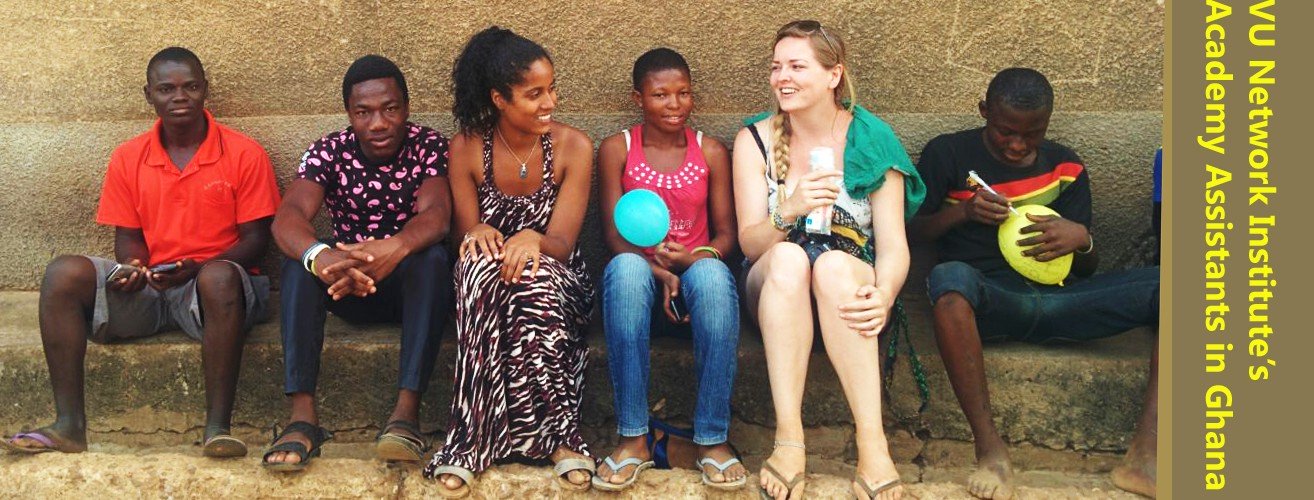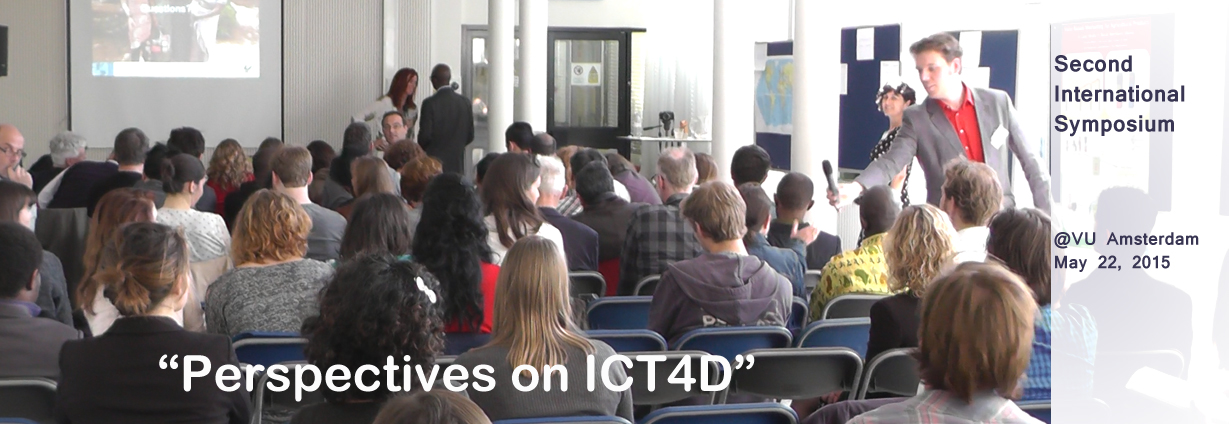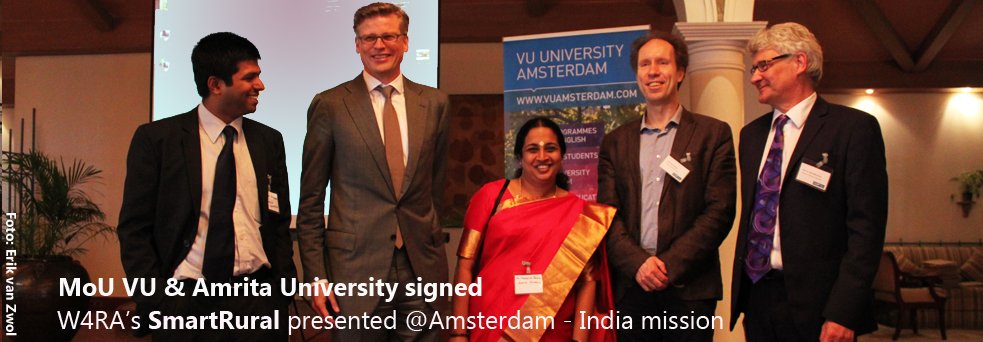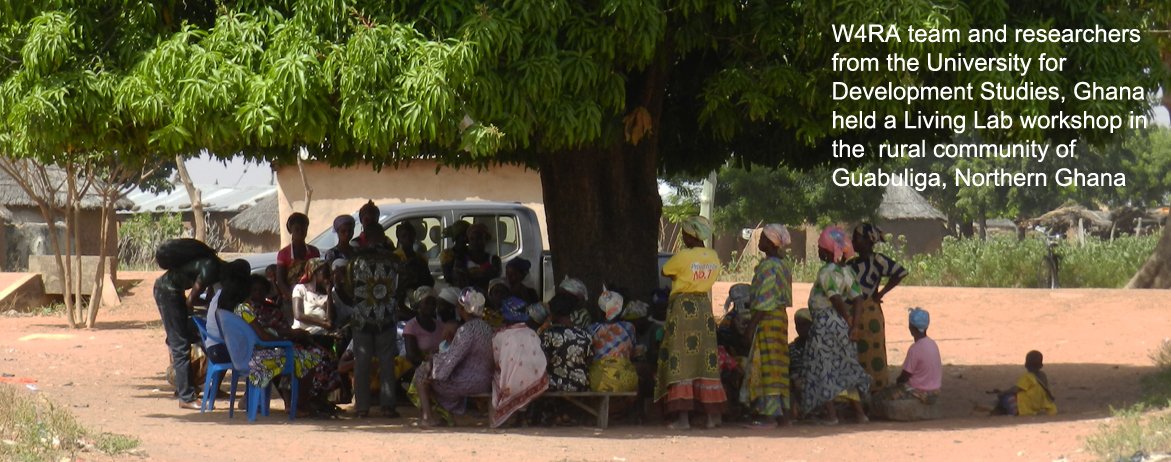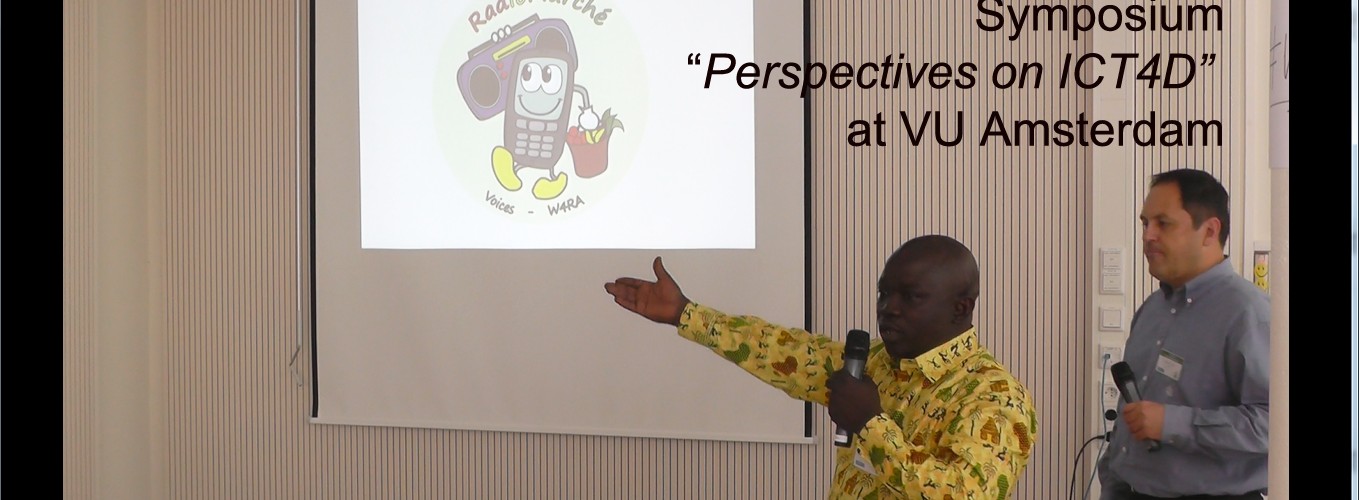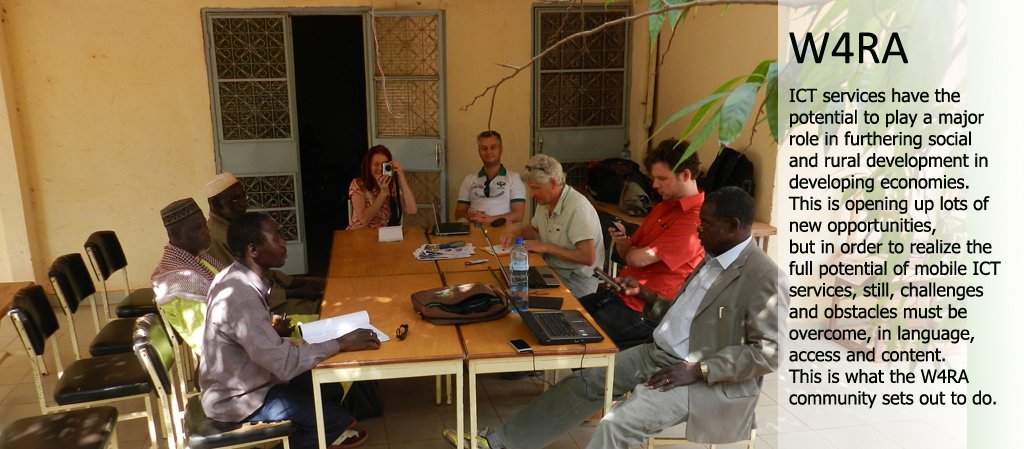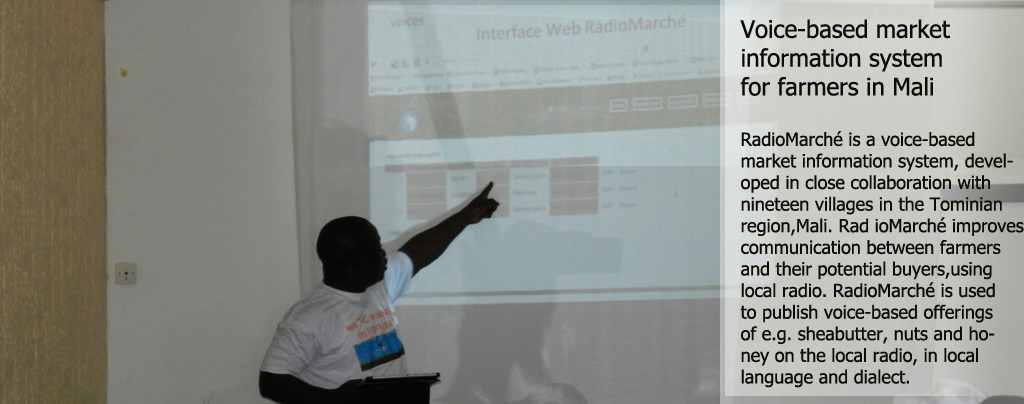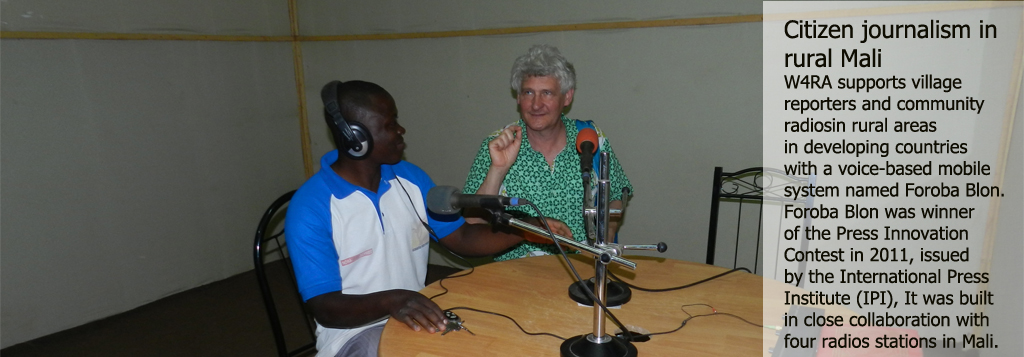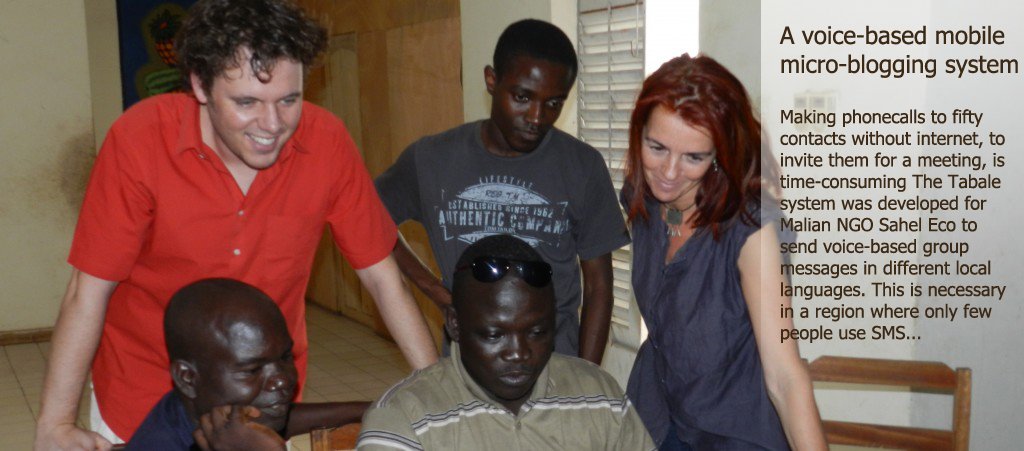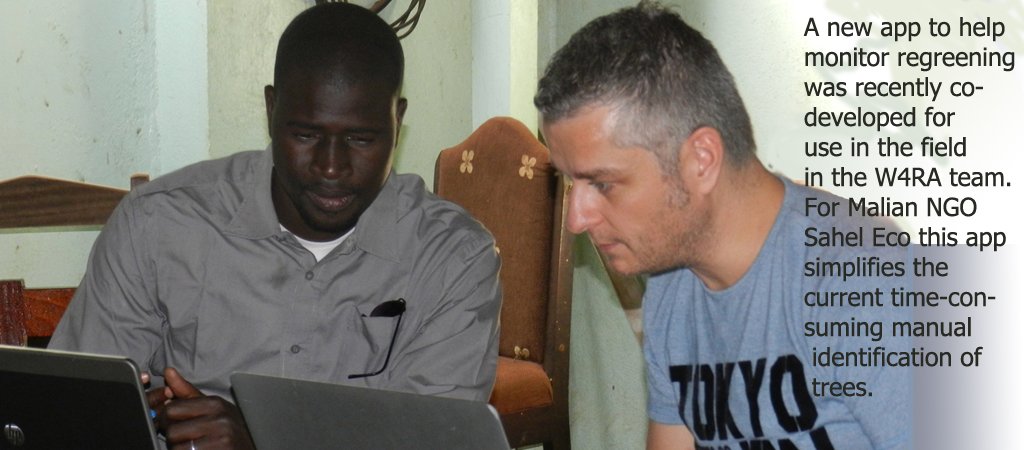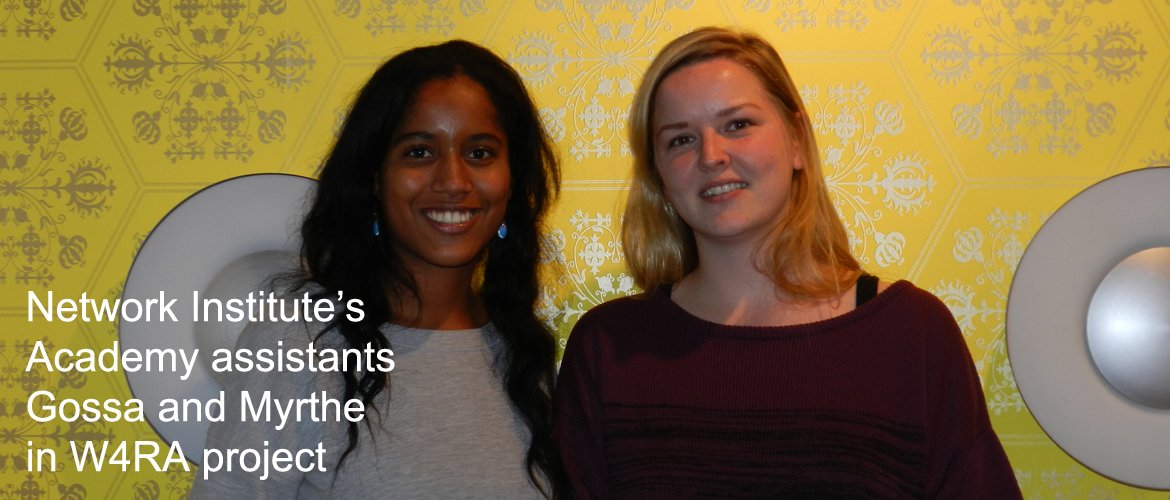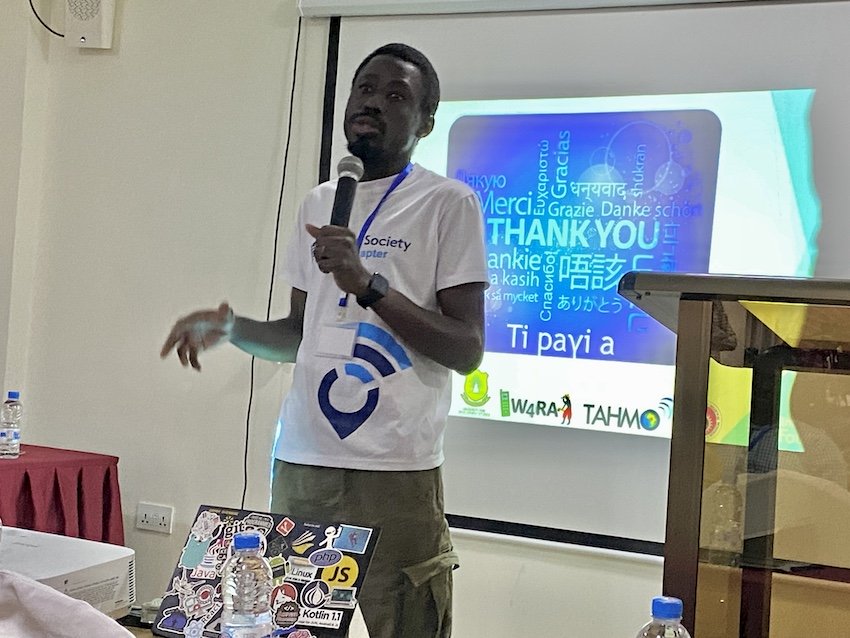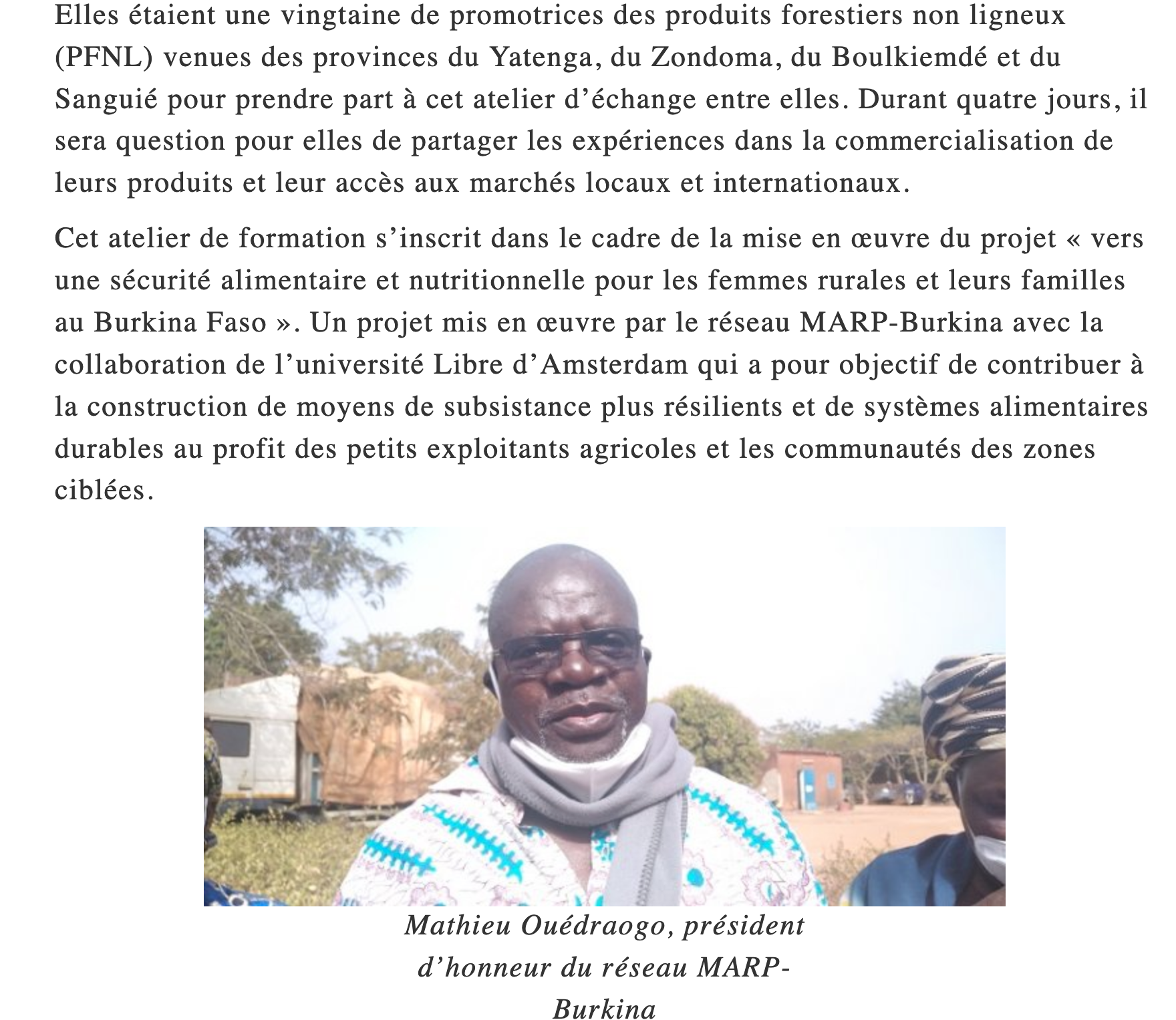Cyber Security research and education in the Global South, for example in Indonesia, has many (research) challenges. The legal, political and technological landscape in Indonesia is different from the European. Design of Cyber Security education in Indonesia raises many questions, for example: what are legal or policy frameworks and technological solutions that can protect citizens from the threats that digitization is bringing? How to cope with new, highly dynamic and complex digital business environments? Should data protection regulations GDPR be introduced in Indonesia or would this hamper local businesses? And within this highly dynamic context, how can Indonesian universities cope with these questions, design new curricula and produce knowledge needed to deliver skilled professionals for the highly demanding Indonesian labour market?
To tackle some of these questions, an interdisciplinary 2-year project on Cyber Security was initiated in January 2020, involving researchers from VU and Universitas Indonesia (UI), the largest public university in Indonesia. From 9 to 17 November 2021, teams from UI and VU organized a seminar to discuss, present and reflect on this topic, in an open and collaborative way.
The first symposium day, Ivano Malavolta presented the Network Institute to the UI guests. The next block was devoted to the technical, legal and business aspects of blockchain technology: Tina van der Linden presented about Law and Technology, Jaap Gordijn about Fair Digital Innovation Ecosystems, Thibault Schrepel about Antitrust Law & Innovation; the French blockchain expert Red Boumghar presented a technical perspective, through a hands-on workshop on blockchain technicalities.
Interdisciplinary education from an Indonesian perspective was the topic of the second day. For UI: Brian Prastyo presented Design of Cyber Security education at UI, Parulian Aritonang presented Fair Competition between Technology Providers in Indonesia, Henny Marlyna presented Legal Developments in Personal Data Protection in Indonesia, Bhakti Nugroho presented Cyber Norm without Destroying Democracy, Zahrashafa Mahardika presented a reflection on Digital Banking in Indonesia, Setiadi Yazid reflected on multidisciplinary research from a Computer Science perspective. For VU, a reflection on personal experiences with (decades of) interdisciplinary research and education was given by Hans Akkermans. A very interesting talk by Katja Tuma was about Diversity of Threat Analysis and Risk Assessment.
The third day was devoted to gender: Ni Made Martini Puteri presented a case on predatory FinTech business in Indonesia and their Cyber crimes against women. Saskia van der Vies presented the WO&MEN Network at VU and discussed bias in gender.
Later this day a panel discussion about interdisciplinary education took place. Panel members were: Arno Lodder (Law & Technology), Herbert Bos (Cyber Security), Jaap Gordijn (Fair Ecosystems), Tina van der Linden (Law and Technology), Wendelien Tuijp (Environment and Development) and Ioana Bratu (Law and Space). The moderator was Hans Akkermans.
Business & Cyber Security was discussed the last day with experts from Deloitte. In the afternoon Dayana Spagnuelo presented a recent study about Data Security on the Ground, discussing technical and legal requirements of the GDPR. The symposium was concluded with a Webinar reflecting on three topics: (i) interdisciplinary Cyber Security Education and how to organize it; (ii) Sustainability; (iii) Gender.
This activity is part of a two-year Nuffic project in the Orange Knowledge Program funded by the Dutch Ministry of Foreign Affairs. This project is coordinated and managed by VU’s Centre for International Cooperation.
Read more on the Network Institute’s website ….
Partners in the Cyber Project: Universitas Indonesia and Vrije Universiteit Amsterdam
Sponsor: Nuffic through the Orange Knowledge Program
MinBuZa, the Ministry of Foreign Affairs of the Netherlands



